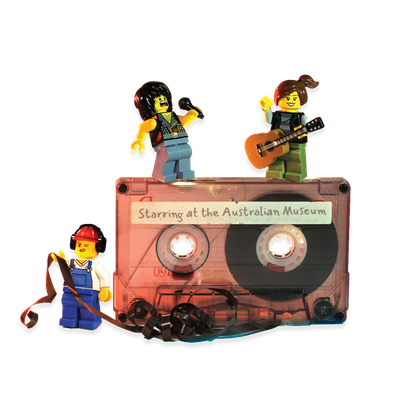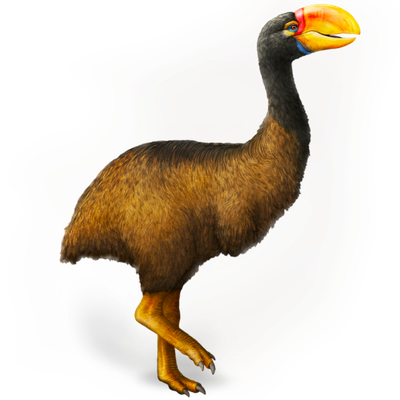Your search returned 41 results
By Page Type
By Tag
- All
- fish (966)
- blog (696)
- fishes of sydney harbour (401)
- First Nations (298)
- Blog (236)
- AMRI (169)
- archives (164)
- Eureka Prizes (146)
- Aboriginal and Torres Strait Islander (135)
- insect (126)
- Ichthyology (124)
- geoscience (109)
- minerals (102)
- climate change (100)
- podcast (94)
- Fish (91)
- Anthropology (89)
- International collections (80)
- Minerals Gallery (78)
- wildlife of sydney (78)
- Labridae (77)
- frog (74)
- gemstone (70)
- history (64)
- photography (63)
- Mollusca (60)
- gem (59)
- staff (59)
- Birds (56)
- Gems (56)
- Indonesia (56)
- education (56)
- shark (55)
- AMplify (54)
- people (53)
- earth sciences (50)
- past exhibitions (50)
- exhibition (49)
- Gobiidae (48)
- sustainability (46)
- Pomacentridae (45)
- Serranidae (44)
- science (43)
- lifelong learning (42)
- Earth and Environmental Science (41)
- Syngnathidae (41)
- Ancient Egypt (40)
- Bali (40)
- bird (40)
- dangerous australians (40)
-
Metamorphic rocks
https://australian.museum/learn/minerals/shaping-earth/metamorphic-rocks/Metamorphic rocks form because of changes in temperature and depth of burial within the Earth in a solid state without actual melting.
-
Discover more
2025 Australian Geographic Nature Photographer of the Year
Special exhibition
Free entry
Now open -
Discover more
Unfinished Business
Special exhibition
Free entry
Now open -
Find out more
Surviving Australia
Permanent exhibition
Free entry
Now open![]()
-
Find out more
Burra
Permanent kids learning space
Free entry
10am - 4.30pm![]()
-
Discover more
Minerals
Permanent exhibition
Free entry
Open daily![]()





